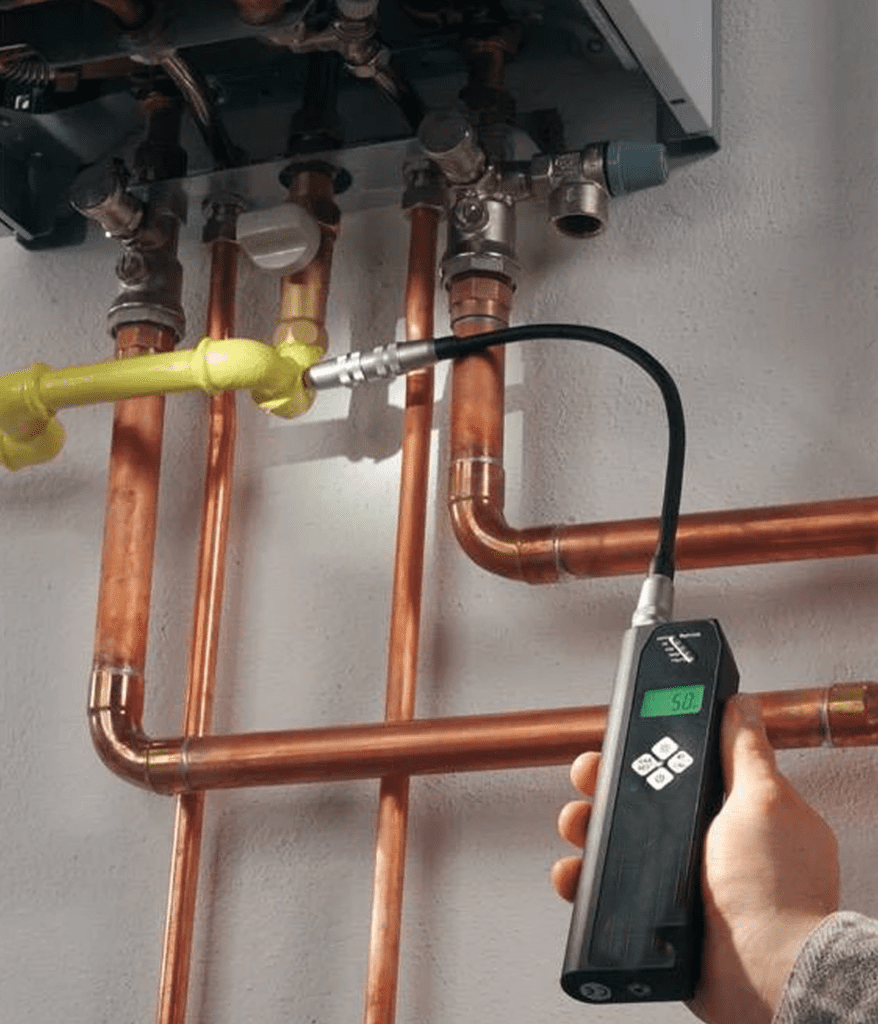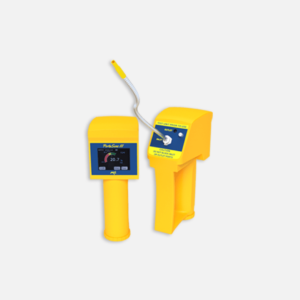Gas Leak Detection

Gas leak detection is a critical aspect of ensuring safety and preventing potential hazards in various industries and residential settings. With the widespread use of natural gas, propane, and other flammable gases, the early identification of leaks is paramount to avoiding accidents, fires, and health risks.
Advanced gas leak detection systems employ a variety of technologies to identify the presence of gases in the air. These technologies include infrared sensors, electrochemical sensors, ultrasonic sensors, and semiconductor sensors. Each type of sensor is designed to detect specific gases and provide accurate readings, allowing for swift response in the event of a leak.
In residential applications, gas detectors are commonly installed in kitchens, utility rooms, and basements where gas appliances are present. These detectors can quickly identify leaks, triggering alarms to alert occupants and automatically shutting off the gas supply to prevent further escalation.
…In industrial settings, where the volume of gas use is higher, sophisticated gas detection systems are implemented. These systems are often integrated with control and monitoring systems, enabling real-time data analysis and automated responses. Regular maintenance and calibration of these systems are crucial to ensure their reliability and effectiveness.
Gas leak detection is not only about averting disasters but also about complying with safety regulations. Regular inspections, employee training, and the use of cutting-edge detection technology contribute to a comprehensive approach in managing and mitigating the risks associated with gas leaks. As technology continues to advance, the development of more sensitive and efficient gas detection systems will play a pivotal role in safeguarding lives and property.


